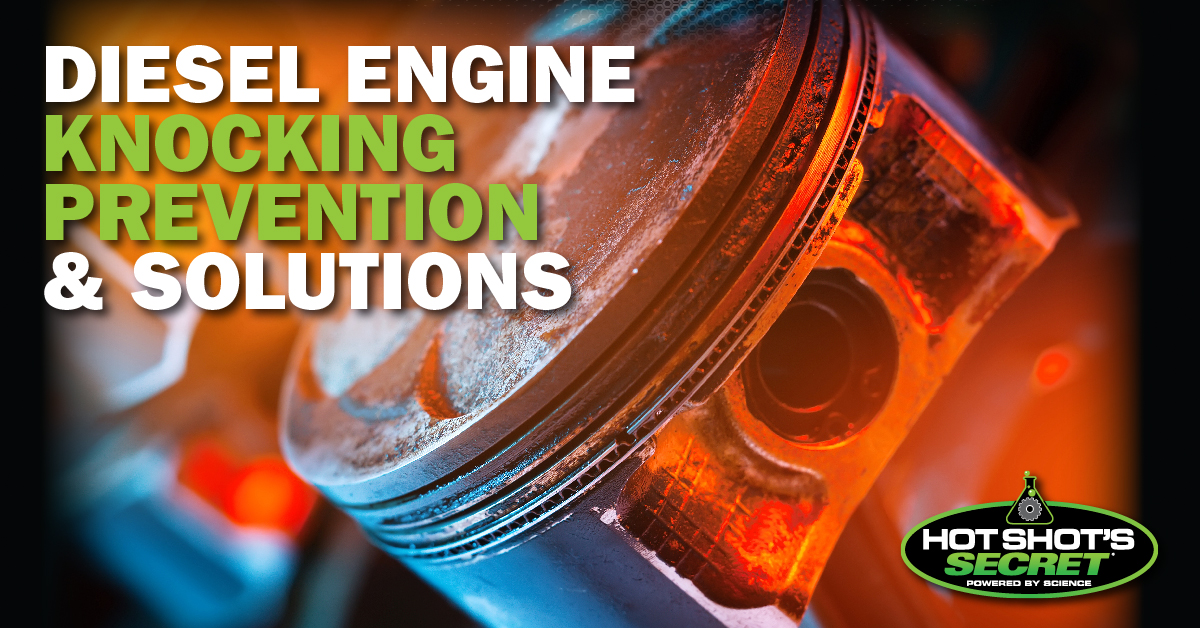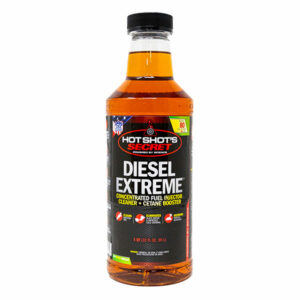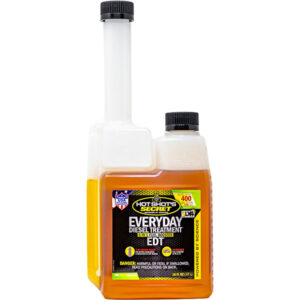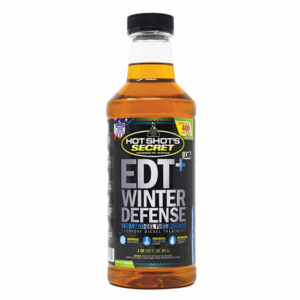
An unexplained sound coming from your engine often signifies an internal problem. While a humming sound could be normal, a knocking, rattling or thumping noise demands immediate action.
Engine knocking could be a sign of a bigger problem, either with your injector timing, fuel or the vehicle’s mechanics. Ignoring this noise could reduce fuel efficiency and lead to permanent engine damage, so it’s important that you know what to do when you start hearing knocking sounds in your vehicle.
What Is Engine Knocking?
Engine knocking is a sound that occurs when your vehicle’s cylinders don’t burn fuel evenly. Ideally, the mix of fuel and air in each cylinder will be balanced so that small pockets of fuel and air burn in small amounts. When the mix becomes unbalanced, multiple fuel and air pockets burn at once, producing a knocking noise.
The knocking noise in the engine may start out quietly, becoming louder as you continue to drive — or on later trips if the issue isn’t treated. Left unresolved, engine knocking can cause damage to the pistons and cylinder walls of the engine.
Diesel Knock Causes
Engine knocking can occur in many ways. It can happen when a part of the engine gets worn out or due to poor-quality fuel. It may also result from ignition troubles or mechanical issues.
Fuel-Related Reasons
Your choice of fuel is critical to engine performance and the vehicle as a whole. Engine knock can be attributed to these fuel issues:
- Poor-Quality Diesel Fuel: Low-quality or contaminated fuel, can disrupt the combustion process, leading to premature or uneven ignition.
- Wrong cetane rating: The cetane number determines diesel fuel ignition. A higher cetane rating means faster fuel ignition and more complete combustion. A low cetane rating, meanwhile, means longer ignition and more time to complete combustion. Typically, the higher the cetane rating, the better for diesel engines, with the ideal range between 50 and 55.
- Uneven fuel-to-air ratio: When there’s too much air and not enough fuel in the cylinders, your engine needs multiple combustions to operate. Frequent multiple combustions could lead to engine knock.
- Bad fuel additives: Using additives not optimized for diesel engines or injecting more than the appropriate amount can clog fuel lines, cause incomplete fuel combustion and damage electrical components, all contributing to the possibility of engine knock.
Ignition-Related Reasons
Fuel isn’t the only possible cause of engine knocking. Sometimes, these or other problems with the vehicle’s ignition system may be to blame:
- Ignition timing issues: Timing is crucial to the engine. When the air-fuel mixture ignites prematurely, it pushes against the pistons, producing loud pinging sounds from the engine.
- Loose timing chain: Over time, the timing chain can become loose or broken, causing a rattling sound in the engine. This sound is noticeable when the engine heats up and, if left unresolved, may lead to significant damage. Repairing the chain or lubricating the assembly can help correct the problem and prevent further damage to your vehicle’s engine.
- Faulty fuel pressure regulator: A bad fuel pressure regulator affects fuel delivery and may allow more air in the air-fuel mixture. The correct balance of air and fuel is critical to the engine’s overall function, so a malfunctioning fuel pressure regulator can be a sign of trouble.
Mechanical Reasons
Mechanical issues with the engine occasionally lead to a knocking noise. Some of the most common mechanical causes of diesel engine knock include:
- Excessive carbon buildup: Carbon deposits are inevitable. They can develop in various parts of the engine system, such as the cylinders, chamber walls and fuel injectors, accumulating over time. When excessive carbon deposits build up in the combustion chambers and other components, it can create a loud, thumping noise, reduce fuel efficiency and cause overheating.
- Compression problems: A problem with the compression system, such as leaky valves, damaged cylinders or worn-out piston rings, may cause your vehicle to make a knocking sound.
- Worn-out parts: Engine knock may also be caused by worn-out mechanical components such as the timing belt, bearings and crankshaft. Regular maintenance helps you spot these problems immediately so you can make the necessary fixes.
- Overheating: Low oil or coolant volume due to hot weather or a problem with the cylinders can cause your vehicle to overheat. Overheating leads to an increase in cylinder pressure, which causes incomplete combustion and the possibility of engine knocking. Along with the pinging noise, you may notice other signs of overheating, such as smoke from the engine, a burning smell and the temperature gauge in the red zone.
Other engine components, such as the piston rings and valve seals, can impact engine performance and cause engine pinging or detonation. Piston rings play a significant role in maintaining compression and preventing combustion gases from escaping by sealing the piston and the cylinder wall. When they get worn out, gases may escape to the crankcase, creating a lean air-fuel mixture.
Valve seals have a similar role to piston rings. They prevent oil from leaking through the valve guides and into the combustion chamber. Damaged valve seals allow more oil to enter the chamber, leading to an oil-rich air-fuel mixture. In both scenarios, an engine knock is possible.
Common Symptoms of Diesel Knock
Pay attention to these signs if you suspect that your diesel engine is developing problems:
- Audible knocking sounds: Listen for a high-pitched or rattling noise coming from the engine when driving under load or accelerating.
- Vibrations or rough engine performance: Excessive vibration and overheating are common indicators of engine knock.
- Loss of power or reduced fuel efficiency: Engine knock is characterized by a noticeable loss of power when accelerating or driving uphill. In severe cases, you may feel some hesitation in your engine and an increase in fuel consumption.
Engine Knock Prevention and Solutions
Hot Shot’s Secret offers a range of high-performance additives and treatments specifically designed to enhance diesel engine performance and address common issues like engine knock. Here are some of their top products to consider:
Diesel Extreme
• Purpose: Deep cleans your entire fuel system.
• How it Helps: Diesel Extreme removes carbon deposits, cleans injectors, and eliminates water contamination in the fuel system. By restoring fuel system efficiency, it helps prevent uneven combustion and reduces the risk of knock.
Everyday Diesel Treatment (EDT)
• Purpose: Enhances fuel quality with every fill-up.
• How it Helps: EDT increases the cetane number of diesel fuel, ensuring a more complete and efficient burn. It also protects against fuel system wear and improves lubricity, reducing the likelihood of injector-related issues.
Stiction Eliminator
• Purpose: Cleans and protects your engine’s internal components, anything the oil touches.
• How it Helps: Stiction Eliminator removes sludge and varnish buildup, ensuring smoother operation of critical engine components like rings and lifters. This can help eliminate the mechanical causes of knock.
FR3 Friction Reducer
• Purpose: Reduces engine wear and improves performance.
• How it Helps: By minimizing friction in the engine, FR3 enhances overall efficiency and reduces stress on internal components, helping prevent knock caused by mechanical wear.
Reduce Engine Knock With Hot Shot’s Secrets
Explore the Hot Shot’s Secret range of fuel additives to keep your engine running smoothly and help prevent engine knock. Using Diesel Extreme and EDT prevent many issues that can cause engine knocking. Browse our selection today and contact us with any questions or for more product information.




